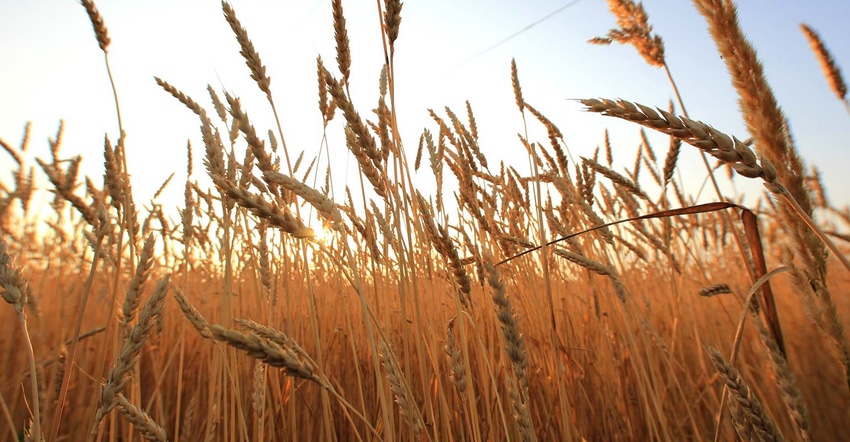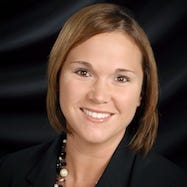
Minneapolis wheat futures have lurked quietly in the background for a few months while the Chicago and Kansas City wheat futures have gained over $1 in the past two months. Upon closer examination of wheat technical charts, something caught my attention. A small bullish key reversal has occurred on the continuous monthly chart for the Minneapolis wheat futures.
This bullish technical signal actually occurred during the month of August. Yet prices have not gained much value. This makes sense as the current fundamental factors for Minneapolis wheat are not bullish, yet that may change in the coming months.
Current ending stocks for the 2020-21 hard red spring wheat crop are pegged at 288 million bushels. This is the largest carryout that the Minneapolis wheat futures have seen in nearly 30 years. This spring, 11.481 million acres were planted, with the USDA suggesting harvested acres at 11.3 million acres, with a solid yield of 46.9 bushels per acre.
Now fast forward to next spring. I can’t help but wonder if hard red spring wheat might lose some acres due to the competition of higher priced soybeans. Specifically I’m thinking of the states of North Dakota, South Dakota, and Minnesota.
According to USDA data, looking at the past four years, the average planted acres for hard red spring wheat is 11.671 million acres. If in the spring, nationwide planted acres drop to 11 million, with harvested at 10.835 million acres and yield at 45.3 bushels per acre (which is the average yield from the past four years), that is a production supply decrease of 39 million bushels from the prior year. That doesn’t sound like much, but assuming demand stays constant, ending stocks would be reduced.
At the moment, the bearish fundamentals have been holding the Minneapolis wheat futures in check. And rightfully so. But this is one market that I’m going to keep a tight eye on.
Reach Naomi Blohm: 800-334-9779 Twitter: @naomiblohm and [email protected]
Disclaimer: The data contained herein is believed to be drawn from reliable sources but cannot be guaranteed. Individuals acting on this information are responsible for their own actions. Commodity trading may not be suitable for all recipients of this report. Futures and options trading involve significant risk of loss and may not be suitable for everyone. Therefore, carefully consider whether such trading is suitable for you in light of your financial condition. No representation is being made that scenario planning, strategy or discipline will guarantee success or profits. Any decisions you may make to buy, sell or hold a futures or options position on such research are entirely your own and not in any way deemed to be endorsed by or attributed to Total Farm Marketing. Total Farm Marketing and TFM refer to Stewart-Peterson Group Inc., Stewart-Peterson Inc., and SP Risk Services LLC. Stewart-Peterson Group Inc. is registered with the Commodity Futures Trading Commission (CFTC) as an introducing broker and is a member of National Futures Association. SP Risk Services, LLC is an insurance agency and an equal opportunity provider. Stewart-Peterson Inc. is a publishing company. A customer may have relationships with all three companies. SP Risk Services LLC and Stewart-Peterson Inc. are wholly owned by Stewart-Peterson Group Inc. unless otherwise noted, services referenced are services of Stewart-Peterson Group Inc. Presented for solicitation.
The opinions of the author are not necessarily those of Farm Futures or Farm Progress.
About the Author(s)
You May Also Like






